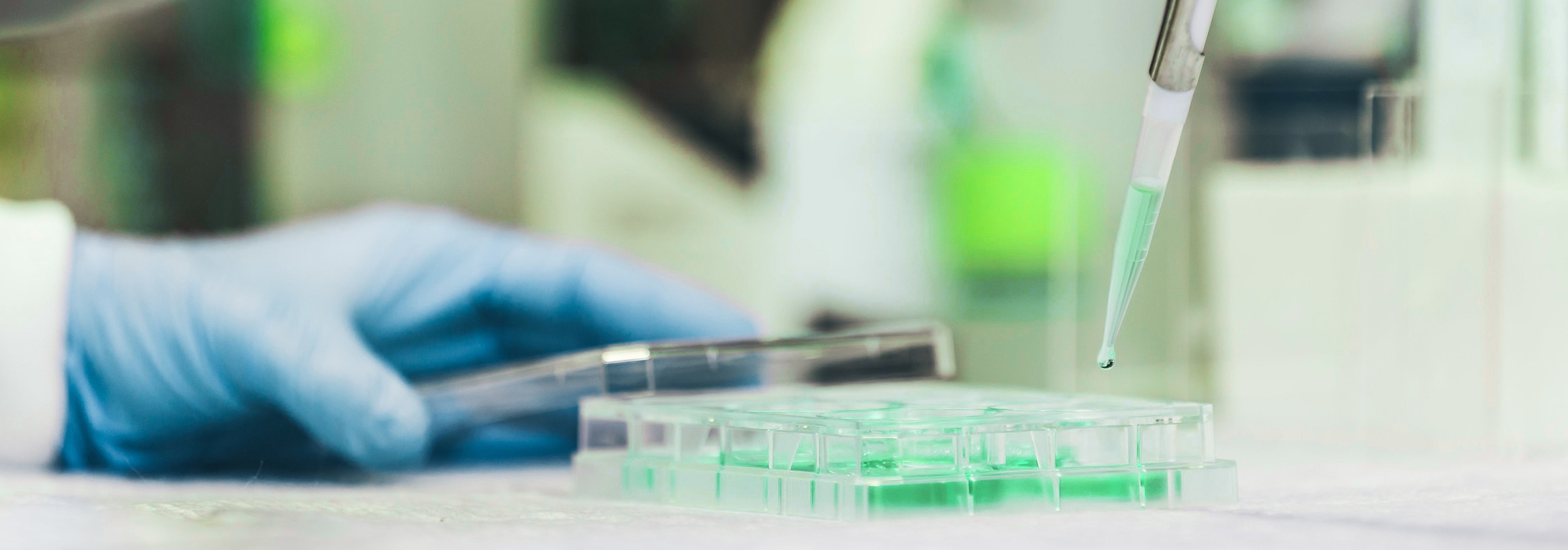Our Investments
Immunotherapy 101
By The Pelotonia Team|December 04, 2020

On July 29, 2019, Pelotonia announced a landmark donation of $102,265,000 to establish the Pelotonia Institute for Immuno-Oncology (PIIO) at the OSUCCC-James. This five-year financial pledge is the largest donation in the cancer center’s history and a testament to the power of the Pelotonia community.
The PIIO, led by Dr. Zihai Li, focuses exclusively on the innovative field on immuno-oncology that is redefining how cancer is prevented, detected and treated in the United States. Let’s dive into what that means and how immunotherapies work:
What cancers can immunotherapy treat?
Immuno-oncology research has the potential to find therapeutics and cures for all cancers.
What is immunotherapy?
Immunotherapy is a type of treatment that utilizes the body’s own immune system to fight diseases. Our immune systems have learned how to recognize things that are supposed to be in our bodies, as well as things that are not supposed to be there.
How does cancer get past our immune systems?
Cancers are different from normal cells. They've demonstrated that they can avoid our immune systems. Cancers have learned how to put up a force field around themselves to keep themselves from being recognized by the same immune system that protects us from growing mold or bacteria.
How does immunotherapy use our immune systems to fight our unique type of cancer?
Immunotherapies can block and then tear down the force field. They enhance the body's ability to recognize cancers and can destroy cancer cells without harming healthy cells.
What is immuno-oncology?
Immuno-oncology is the study and development of immunotherapies.
Is immunotherapy as invasive and toxic as other cancer treatments?
Research indicates that immunotherapy is a more natural, non-toxic approach. It can also reduce the harsh side effects of other cancer treatments and may even improve the effectiveness of chemotherapy and radiation therapy.
Does immunotherapy only apply to cancer treatment?
No, immunotherapy can also be applied to the treatment of immunodeficiency for the management of infectious diseases, including COVID-19.
What are researchers studying and analyzing right now regarding immunotherapy?
Researchers are seeking to better understand the immune system and develop more personalized immunotherapies. To learn more about the ongoing research taking place within the PIIO, please visit the Immuno-Oncology News webpage here.
In its first year, the PIIO made incredible progress. Major milestones include recruiting ten faculty members, obtaining $16 million in annual funding from new grants, publishing more than 265 peer-reviewed articles and establishing 20 new clinical trials. It also developed a patient-specific immuno-oncology drug discovery platform capable of determining which patients will likely respond well to immunotherapy drugs to then tailor their immunotherapy treatments.
To learn more about Pelotonia’s $102M pledge to progress immuno-oncology through the PIIO, click here.
Learn more about immunotherapy on the One Goal podcast.
Listen450 W. Broad Street, Columbus, OH | 614.221.6100
© 2024 Pelotonia. All rights reserved.
Major Funding Partners






